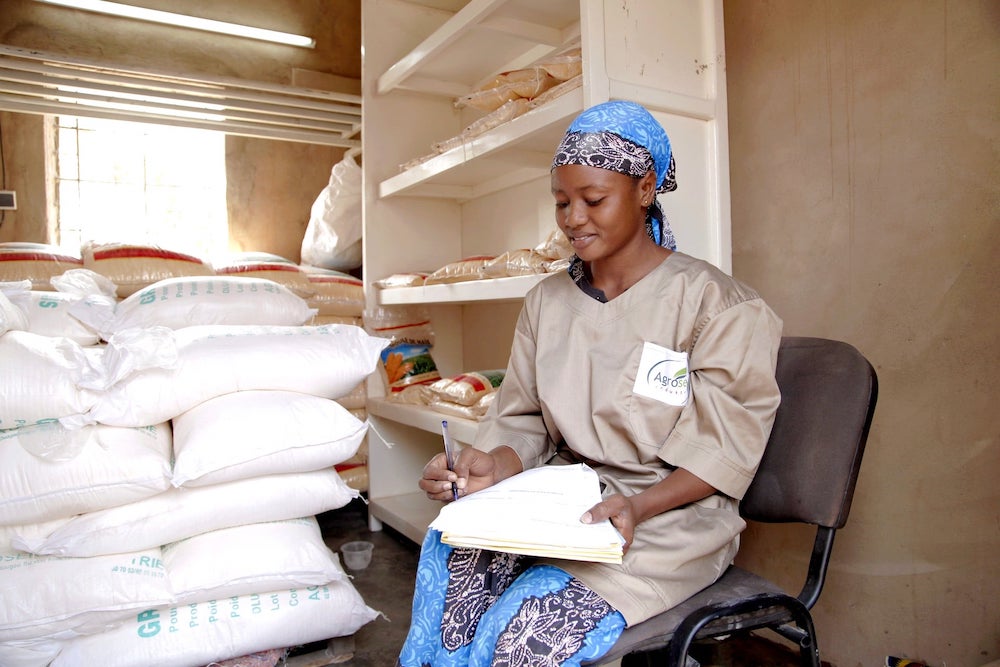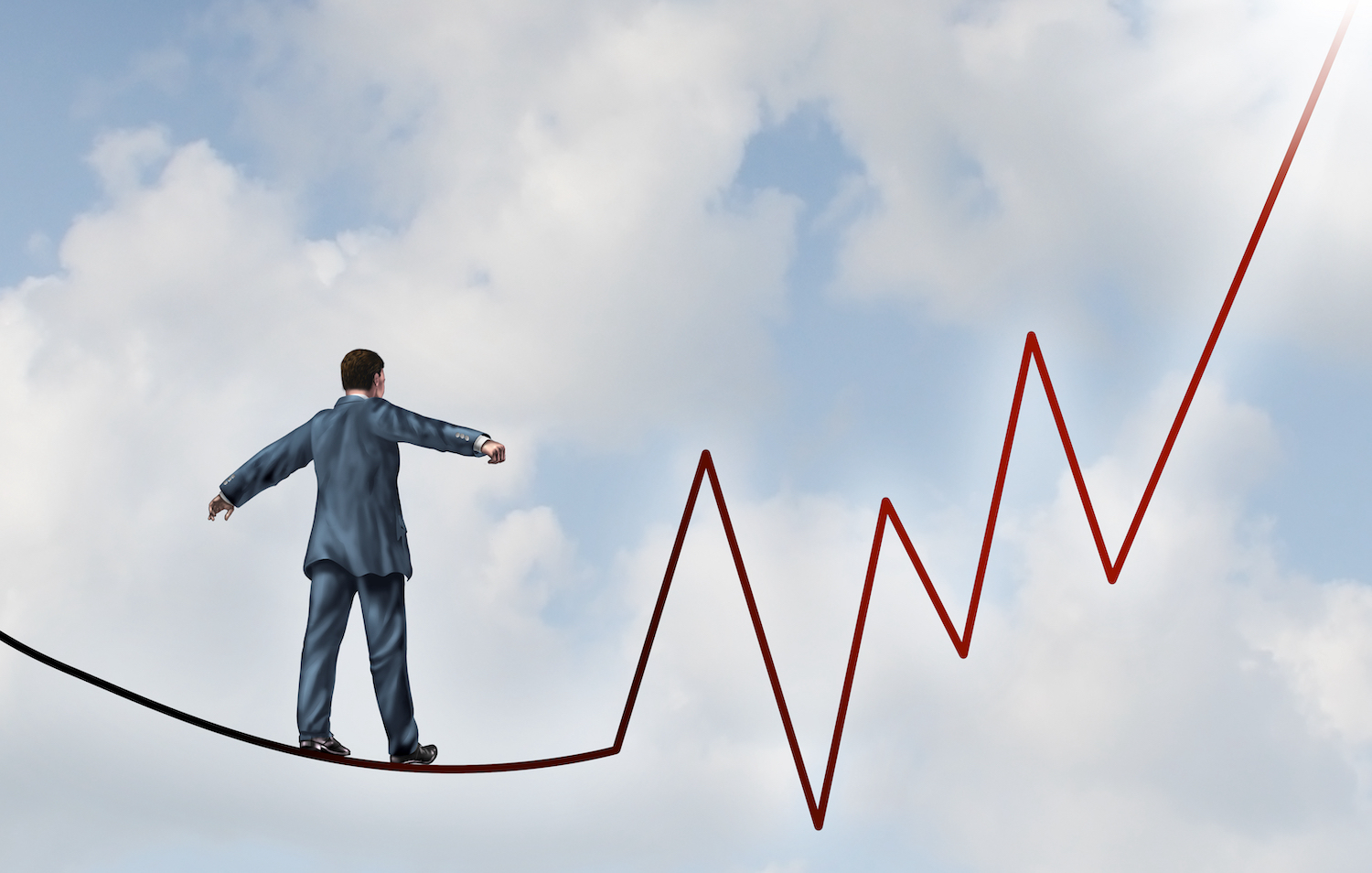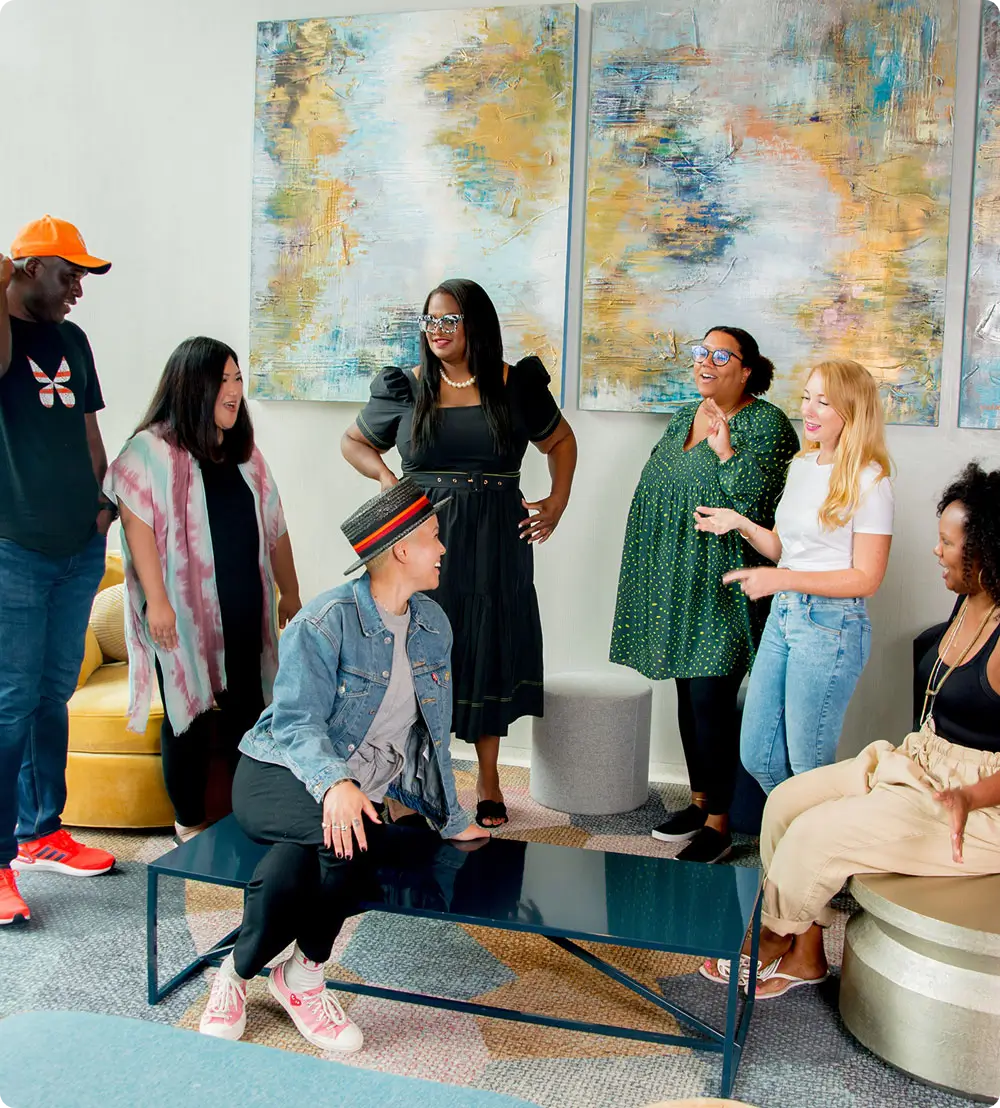ImpactAlpha, August 22 – Dakar-based Teranga Capital does private equity deals. It deploys venture capital. It helps small businesses that are too early for seed capital get investment-ready. It’s even building a microfinance arm to invest in informal and micro-businesses.
Such category-crossing may be what it takes to build Senegal and the rest of francophone West Africa into a hub of high-impact businesses that can attract local and international capital alike.
Teranga’s layered approach to building a pipeline of investable businesses provides a road map for early-stage fund managers in other frontier and emerging markets, where entrepreneurial ecosystems are nascent.
“We’re a provider of early-stage capital no matter the ticket size, whether it’s seed, acceleration or growth,” says Teranga’s co-founder Olivier Furdelle, who previously managed acquisitions and startup investments for Belgacom, a large telecom provider in Belgium. “As an impact fund, we want to broaden access to finance to Senegal’s most promising enterprises and entrepreneurs.”
Senegal, a country of 17 million people on the western edge of Africa, is growing as a startup hub. But businesses still have a tough time competing for financing. Nearby Nigeria dominates the market. Since 2016, Nigeria has received nearly 60% of private capital coming into West Africa. Senegal’s share: 6%.
The scarcity of private capital provides an opportunity for impact-minded investment funds like Teranga to influence how the country’s equity landscape takes shape.
Teranga cuts checks of up to $500,000 from its core, $7 million fund. Its portfolio ranges from traditional small and mid-sized businesses like daycare centers, dental clinics, agri-processors and mechanics to tech startups. Afrikamart, a digital agri-marketplace, connects smallholder farmers with retailers, hotels and restaurants to create a more efficient supply chain and reduce risk. Teranga backed Afrikamart’s $850,000 seed equity round alongside Bamboo Capital’s BLOC Smart Africa fund, Orange Ventures and Launch Africa.
Teranga’s most recent investment, Socium.Job, is a startup that connects African companies to global talent. Teranga participated in its $1 million early equity round, which closed in May.
Teranga also runs several accelerator programs in partnership with French impact investor Investisseurs & Partenaires, USAID, the French development agency and the E.U. The programs offer repayable grants of as little as $2,000 to support investment readiness for small businesses across the Sahel region of Africa.
“These early-stage businesses have high potential but are more risk-prone. We have to work very closely with other ecosystem players—incubators, accelerators, public and private agencies—to make these investments work,” says Furdelle.
But since Teranga launched in 2014, he says, “We’ve seen that business maturity and investment readiness is gradually getting there.”
Blended capital
The firm is more than an investor; it is also an advisor and educator to the country’s entrepreneurs and business owners about what it means to take on equity partners.
“Equity is not for everyone,” Furdelle explains. The nuances between private equity and venture capital are not that sophisticated yet in Senegal. “We blend the model because we’ve adapted risk capital to local needs.”
The fund screens roughly 150 companies per year, pursues early diligence on about 30, and invests in just two to three. Many businesses are simply not suitable for equity investments, because they aren’t interested in bringing in new owners or they lack growth prospects.
“Most of the companies here are family-owned and have a traditional mindset about financing,” he says. “We do a lot of educating about risk capital and what it means, demystifying it and explaining the pros and cons to entrepreneurs across all [of our] active sectors.”
For deals it pursues, Teranga takes a minority stake and works with the businesses on growth strategies as well as on environmental, social and governance, or ESG issues, including the working environment for employees, relationships with suppliers and impact on customers and local communities.
The fund has invested in SECAS, a woman-led cereal processing company, and is supporting the company in building a new production unit to expand domestically and internationally. It is also helping SECAS with its governance structure and to formalize jobs for its workers.
Teranga’s portfolio also includes ice cream manufacturer KOOD, mobile marketing company LAfricaMobile, and COGELEC, a provider and installer of solar electric and hydraulic equipment in rural areas.
Financial inclusion
Teranga’s multi-faceted approach to building a pipeline of investable businesses is almost essential in nascent entrepreneurial ecosystems. WIC Capital, also in Senegal, invests with a gender-lens in small and mid-sized businesses in Senegal and runs an “academy” to boost investment readiness of less mature companies.
Furdelle says Teranga leverages different pools of capital for its seed-acceleration work versus its core fund. The acceleration initiatives are backed by grants from development finance institutions; its fund is backed by a mix of private investors including Investisseurs & Partenaires, telecom company Orange, Senegal’s sovereign wealth fund, several insurance companies and banks, and high-net-worth investors from the continent.
The firm’s structure allows it to stretch capital for maximum reach. It’s open-ended, for one, so it can raise and deploy funding continuously. Also, as it notches exits, existing commitments will be reinvested.
Teranga invests for five to seven years in each deal. It has deployed 70% of the $7 million it has raised and is nearing two exits. It’s gearing up to raise an additional $10 to $15 million with a plan of entering neighboring markets in West Africa. The firm is committed to building the market and investing in early-stage businesses, while growing its check sizes as businesses grow. With its second fundraise, Teranga wants the option of writing $1 million checks.
“We’re now beyond the proof-of-concept phase,” says Furdelle. “We have the experience and track record to show how to address the ‘missing middle’ and will deepen the mandate.”
The target of $10 million may not sound ambitious for a second funding round, but Furdelle says it’s aligned with where the market is for now.
“It’s not that we lack ambition. We are pragmatic,” he says. “If we’re making four or five investments per year over five years, and investing, on average, $500,000 or $800,000, you don’t end up at $50 million, even with follow-on investments.”
Teranga is also doing the opposite of what many fund managers do: going downmarket. Teranga is partnering with Mastercard Foundation on a financial inclusion initiative for micro-entrepreneurs.
The scope of work and required skill sets are different from the equity side of the business; Teranga has recruited a separate team to manage what is effectively a fund-of-funds, ushering capital to microfinance institutions and other non-traditional financial services providers serving rural communities, women and youth.
“This broadens the impact,” says Furdelle. “If we come back to what is our overall mandate and mission as an impact fund manager, it’s financial inclusion.”









